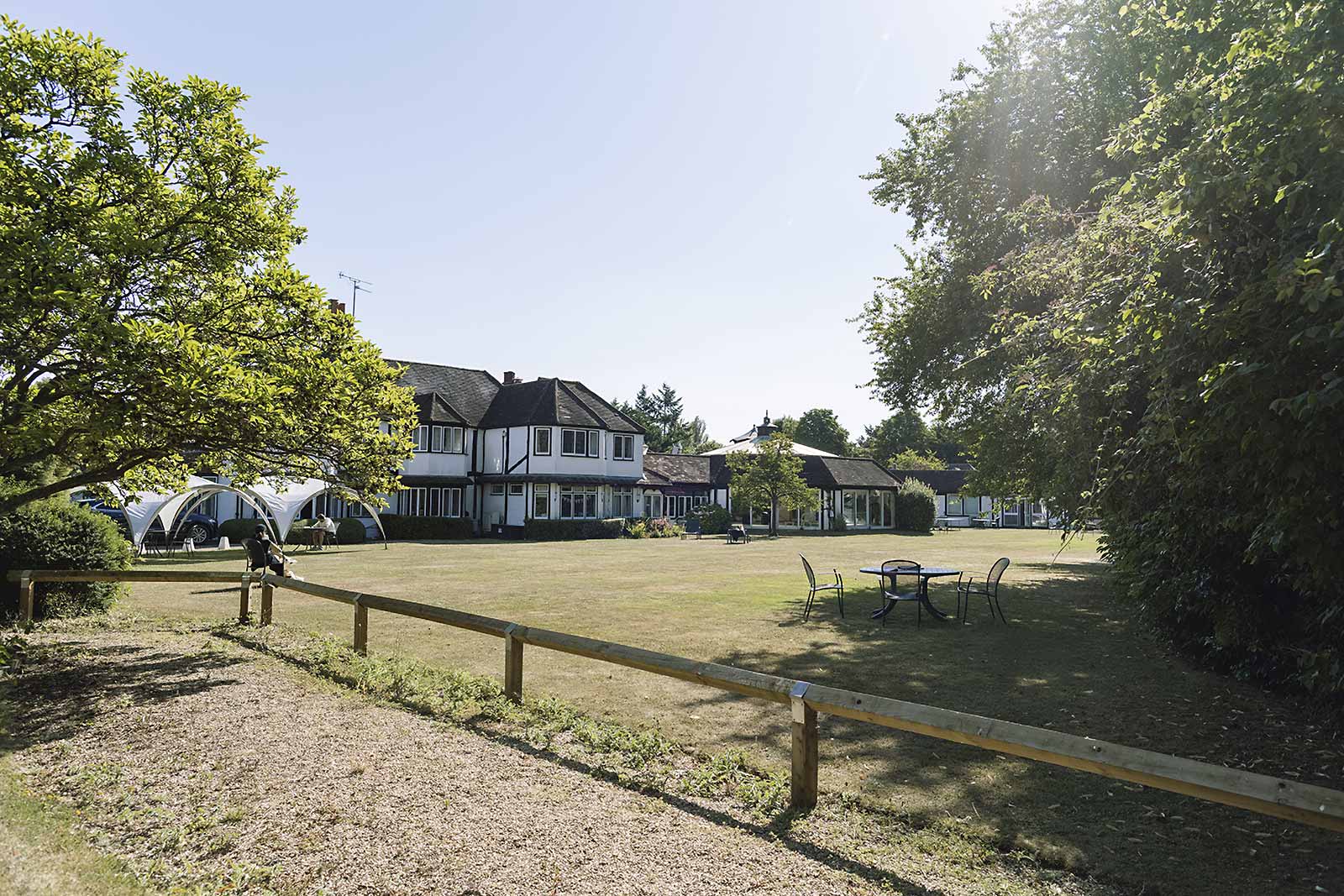Anorexia
What is anorexia?
Anorexia is characterised by an abnormally low body weight, an intense fear of gaining weight and often a distorted perception of weight. People with anorexia place a high value on controlling their weight and their body shape. The efforts are usually extreme and interfere with their everyday lives.
People with anorexia want to keep losing weight or prevent any weight gain and do this by severely restricting food intake. They may restrict the number of calories consumed by vomiting after eating or the misuse of laxatives. They may also try to lose weight by excessively exercising. No matter how much weight is lost, the person continues to fear weight gain.
Common anorexia symptoms
The physical signs and symptoms are related to starvation and could include:
- Extreme weight loss or not making developmental weight gains
- Thin appearance
- Abnormal blood results
- Fatigue
- Insomnia
- Dizziness or fainting
- Bluish discoloration of the fingers
- Hair that thins, beaks or falls out
- Soft, downy hair covering the body
- Periods stop
- Constipation and abdominal pain
- Dry or yellowish skin
- Not being able to tolerate the cold
- Irregular heart rhythm
- Low blood pressure
- Dehydration
- Swelling or arms or legs
- Poor dental health
Anorexia causes
The exact cause of anorexia is unknown. It is likely to be a combination of biological, psychological and environmental factors. There are also certain factors that increase the risk of anorexia. Those with a close relative (a parent, sibling or child) who have had anorexia, increases the risk. Dieting can also be a risk factor for developing anorexia as starvation affects the brain and influences mood changes. Starvation and weight loss can cause changes in vulnerable people. They may continue with restrictive eating behaviours and find it difficult to return to normal eating habits. Change can also increase the risk; this could be a new job, loss of a loved one or a relationship breakdown.
Anorexia treatment
Anorexia is usually treated using a multi-disciplinary team approach. This includes a psychiatrist, therapist and dietitian, all are experienced in working with eating disorders. Dependent on the severity of the illness, you may be admitted to the Clinic as an in-patient.




Medication for anorexia
You may be offered anti-depressants to treat other symptoms that you may be experiencing, for example, depression.
Therapy approach for anorexia
Psychological therapy is the recommended approach to treat anorexia. The aim is to help you understand the reasons for your eating problems and to help you feel more comfortable about food. This will help you to begin to eat more and reach a healthy weight. Cognitive Behavioural Therapy (CBT) can help you to learn to cope with your feelings. Additionally, understanding nutrition and the effects starvation has on the body may support your recovery. Your therapist will work with you to create a plan which will also include making healthy food choices.
You will be seen by our dietitian who will discuss your diet and may suggest you need vitamin and/or mineral supplements.
Outcomes
Recovery from an eating disorder can be a lengthy process and requires input from a specialist team as well as support form your friends and loved ones. It is important you ask for help if you are struggling and express how you are feeling.
You will need to receive ongoing support after your treatment, this will include checking your weight and your mental health. There is a risk of relapse and many people will continue to have some thoughts and behaviours related to an eating disorder.
Get help for anorexia today
Call Cardinal Clinic on 01753 869755 for more information, or submit an enquiry form.
GP’s looking to refer a patient may make a referral here.
A calm environment dedicated to your care
Rated ‘Outstanding’ for care and overall ‘Good’ by the Care Quality Commission, Cardinal Clinic works tirelessly to offer an elevated patient experience from exquisite and fresh chef-prepared meals, to comfortable and relaxing accommodations. Situated in a private estate in the heart of Windsor’s green belt, residential in-patient care, day care and out-patient services are offered.

